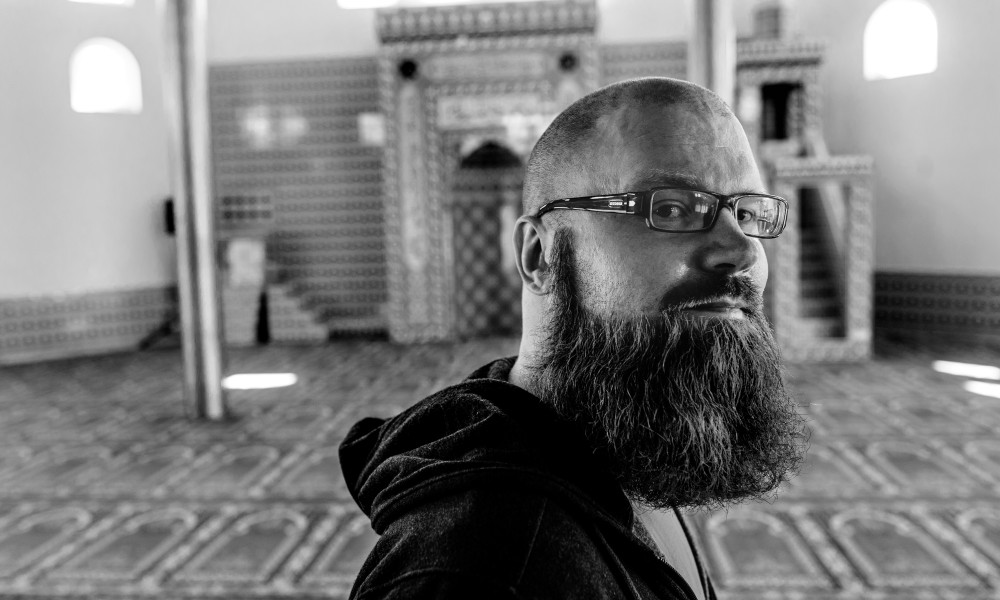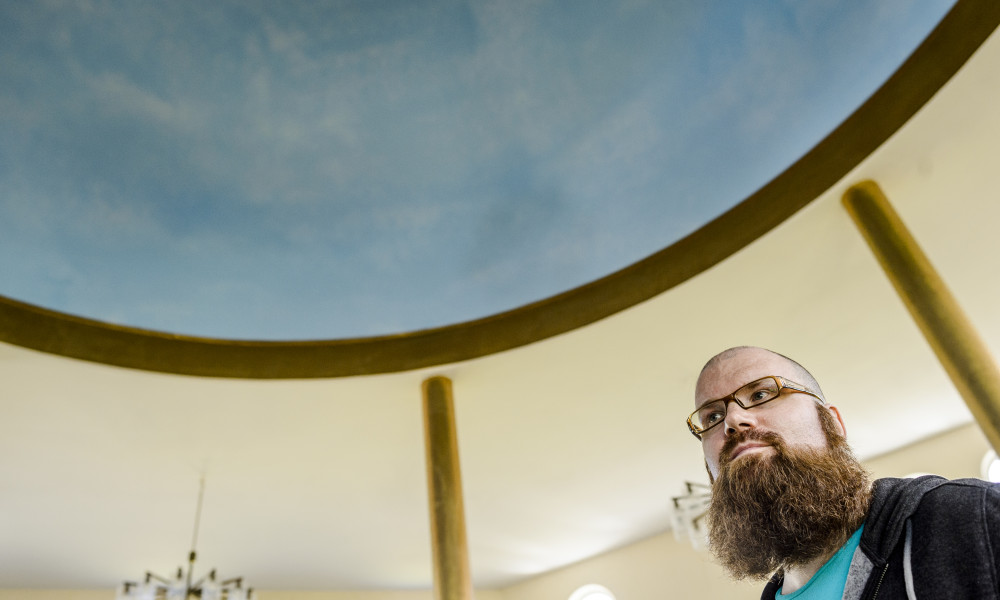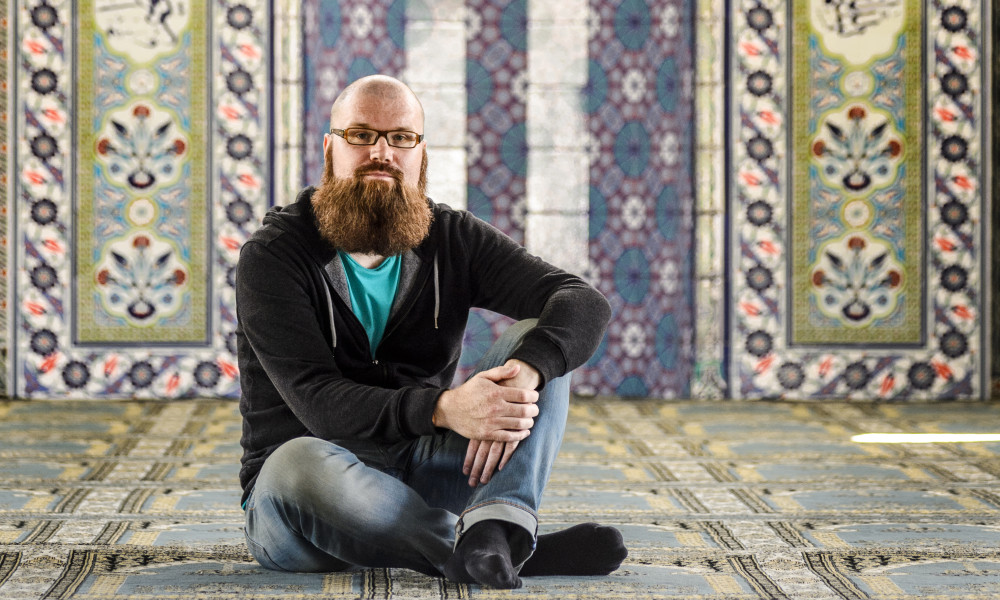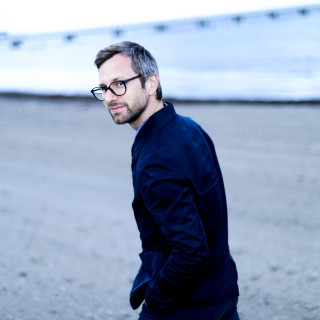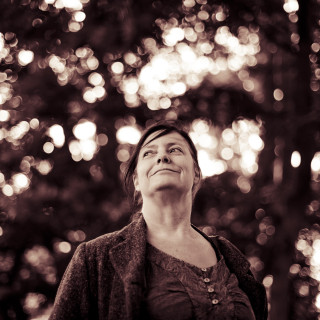A narrow view on Islam
Islamophobia is growing in Sweden and it is not only the Sweden Democrats that cause us to talk about Islam as representative of oppression, patriarchy and honour killings; the other political parties also propagate myths and ignorance. Johan Cato, an Islamic studies scholar, hopes to spread a more diverse view of Islam.
“There is not one Islam. There are different types of Islam depending on your position in society with regard to job, language and finances. However, in the Swedish Parliament, a difference is not even made between the two largest groups, Sunni and Shia.”
In Johan Cato’s thesis, När islam blev svenskt (When Islam became Swedish), he shows how Members of Parliament and civil servants have discussed and defined Islam since the 1970s. He has spent five years going through government inquiries, motions and parliamentary minutes from the period 1975–2010. Over the years, civil servants and legislators have helped to strengthen the view of Islam as something foreign with links to terrorism and oppression of women. From 1975 until the end of the 1980s, the focus of the political debate on how Muslims should live in Sweden was on practical issues such as halal slaughter and religious education in schools. However, in the 1990s, the tone became more severe, and the legitimacy of Muslim free schools was condemned by some political parties. At the same time, Christian, Jewish and ethnic free schools were viewed as a sign of successful integration. After the terrorist attacks of 11 September 2001, the image of Islam and Muslims became even more distorted. The political debate turned to questions of values, and the homogenisation of Muslims as ‘different’ grew.
“There is not one Islam”.
“From 2001, the emphasis in the political debate is on what values are to govern Islam in Sweden. The starting point is still that there is only one sort of Islam, and within that there are attempts to differentiate ‘good’ and ‘evil’ Islam. Muslims are to collectively distance themselves from oppression of women, violence and terrorism, and this applies in particular to imams, Muslim religious leaders. Here, the presumption is that this type of aggressive behaviour is inherent to Islam and that everyone acts on the basis of religious and not social reasons. I have never seen the same calls to Christians or Hindus.”
Previous research has shown that since the colonial era, Western society has interpreted Islam as a violent religion with victims and perpetrators, without regarding the violence from a social or economic perspective. Swedishness is taken to represent equality, peace and democracy.
Why have MPs not been educated about Islam when it is clear that public policy cements symbols and stereotypes?
“I don’t know. Generally, there is little knowledge and a lot of prejudice. If we are to live side by side, we need to know a bit more beyond the newspaper headlines. People are not just a part of their community; there are many more dimensions and we all need to have more contact in daily life. I hope that my research will help us all, including politicians, to understand that there is not one Islam, but multiple Islams with different theological focuses, different ethnic and geographical backgrounds, and broad diversity.”
Muslims in Swedish politics have difficulty being accepted as individuals – a trend that is also seen in the rest of Europe. Traditional political parties brand Muslims as Islamists and Muslims have to take the blame for an Islam that is anti-democracy and in favour of patriarchal structures.
“What people forget or ignore is that Muslims get involved in politics because they have a keen interest in society, not because they are Muslims. A just society with equality can of course be high on their agenda.”
Do our politicians contribute to the growing xenophobia?
“It’s difficult to say, but it does cause problems when Parliament tries to differentiate between what is good and bad Islam. However, I think Members of Parliament have become more politically open to learning more. We mustn’t believe that everything was fine before the Sweden Democrat Party came along and hardened the tone. Islam has long been a problematic subject, but now the other parties are trying to think more carefully about what they say. If we encouraged more Muslims to get involved in politics, they could help us.”
Text: Bodil Malmström
Photo: Kennet Ruona
Published: 2014


